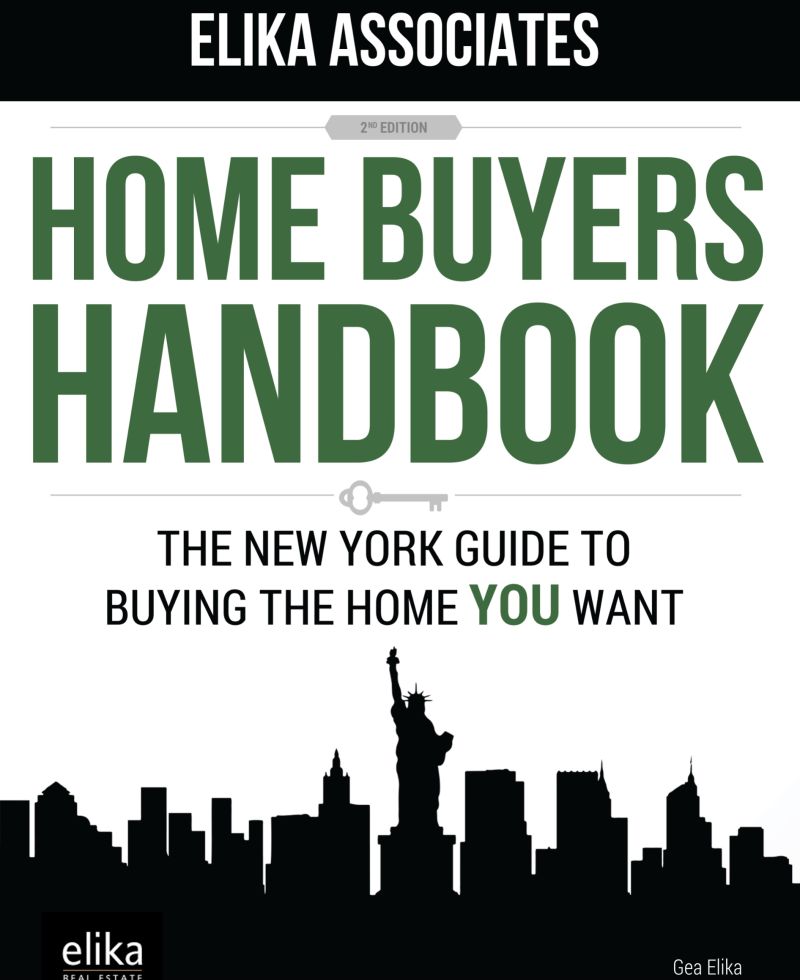Table of Contents Show
Despite what looks to be a challenging economic picture in the year ahead, buyers look to be gearing up for a busy buying season in 2021. So far, we do not see substantial price drops across the board, and hopeful buyers are advised not to hold out for fire-sale prices. Nevertheless, prices are falling as sellers adjust to the new reality. Any buyer looking to take full advantage of this will want to know how to spot a motivated seller. We’ve touched on this previously, but now we’ll be looking into the specific types of motivated sellers.
These are the ones to keep an eye out for as you navigate the NYC real estate market. For some, their motivating factor could mean you have a chance of getting a home at an under-market value. For others, the thing to push for in negotiations might be buyer contingencies. Either way, buyers should work closely with their agents to determine what motivates the sale and what you stand to gain from it.
Property Owners Under Threat of ForeclosureProperty Owners Under Threat of Foreclosure
While the foreclosure level is nowhere near what it was in the wake of the Great Recession, financial difficulties due to the pandemic have still pushed many New Yorkers into this unpleasant corner. According to a new report by ATTOM Data Solutions, New York was among the markets with the highest foreclosure actions during November 2020. Yet, nationwide, the number of foreclosures went down this month, suggesting things are complicated now in major urban areas.
Buyers looking to snag a deal are advised to work with their agent to identify pre-foreclosures or short sales. A homeowner cannot pay their mortgage and is very close to being foreclosed on. These homeowners will aim to sell their homes if their bank agrees to forgive the remaining mortgage owed to save their credit. Naturally, this makes them eager to close with all haste, which puts any buyer in a powerful position to dictate favorable terms.
Banks in Possession of REOsBanks in Possession of REOs
Another approach to scooping up a bargain is finding homes that have already been foreclosed. After a foreclosure, the home will typically go to auction, sold to the highest bidder. But if it doesn’t sell at auction, then the lender (usually a bank) must keep possession of the property. No bank or lender wants this as it means possessing a depreciating asset. If you find an REO property in good condition, the lender will usually be prepared to negotiate well below the original starting price at auction. In addition, unwatched homes like this are at an increased risk of vandalism, making them even more liable.
A Person with a Recent Job LossA Person with a Recent Job Loss
The pandemic has led to a record number of job losses that have impacted New Yorkers across the five boroughs. There are usually only two options available for homeowners who have lost their job unexpectedly. They can find a lower-income job as a temporary substitute or hold out for one with comparable pay to their old job. Either way, their income will take a hit and make it more challenging to keep up with their mortgage payments and property taxes. Their only recourse is usually to sell and find a less expensive home. These motivated sellers are often in a rush to sell and willing to lower on prices.
People Who are Transferring JobsPeople Who are Transferring Jobs
Similarly, those who’ve lost their job may start a new one in a different town or state. This means they’ll have to quickly sell their home and move before their new job begins. In this situation, sellers won’t be in many positions to haggle over price or wait for the right buyer to come along. Instead, their main goal will be to get the transaction over with as soon as possible to begin their new life.
A Couple Facing Divorce or SeparationA Couple Facing Divorce or Separation
Divorces are always messy, with the most significant fight over the division of assets. The largest of these assets is usually the home. In most cases, the person who gets the home will quickly try to sell before their former partner can renegotiate the assets. Other times, both partners will agree to sell the home jointly and split the proceeds evenly. In these situations, the sellers may be disorganized and have little communication. They may accept any terms given so long as it means an end to the deal in their rush to close quickly. All of this makes for a superb opportunity to snag a bargain. All of this makes for an excellent chance to catch a deal.
Retiring InvestorsRetiring Investors
There can be a host of reasons for this. Some aging investors choose to cash out and retire from the investing game. Some have rental properties that they’ve self-managed for years and can no longer keep up with. Others want out so they can pursue other goals like moving abroad or starting a new business. Others still may see this as an opportune time to sell while buyers have access to low-interest rates and loans.
Whatever the reasons, home buyers and beginner investors should look out for these sellers. They should also work closely with their agents to determine the seller’s motivations for cashing out. Figuring this out can give you essential indications on what to push for in negotiations.
Failed InvestorsFailed Investors
For every successful investor, dozens more rushed in before educating themselves first. Maybe they got swept up by the allure of flipping houses and bought before realizing how much work it takes. Perhaps they were unlucky and made a bad purchase at the wrong time. They’re either stuck in the rehab process, can’t raise more capital, or have just had enough with the rat race. In any case, they want out and are usually prepared to take a loss.
HeirsHeirs
The home will typically be the main asset. When homeowners pass away, their assets are usually passed down to their heirs through the will. Many heirs may not afford to move into the home, especially with high property taxes or common charges. In the case of multiple heirs, selling is usually the preferred option. The potential infighting between the sellers and questions about the property’s condition provides many advantages for patient buyers.
Sellers of an Old Property that Needs UpdatingSellers of an Old Property that Needs Updating
Homeowners strapped for cash and sitting on an old property will be challenging to compete with newer properties on the market. In addition, these older homes are likely to have problems that make them unappealing for most buyers. However, depending on how bad the property’s condition is, these homes can be an excellent opportunity for a deal.
Buying an ‘as-is‘ home like this poses many risks, ensuring you know what those are before closing. Make sure there aren’t any permanent structural issues with the property, and have a thorough home inspection. This means calling in additional experts besides the home inspector to look closer at the home’s bones.
A family that is Expecting a BabyA family that is Expecting a Baby
A new pregnancy, especially an unexpected one, usually means selling and finding a larger home. NYC apartments aren’t exactly known for being spacious, and nothing makes them feel smaller, quite like a new addition to the family. This puts the homeowners under a lot of pressure to sell and find a new place before the baby arrives. The expecting parents will be busy reading baby books, attending doctors’ appointments, and seeing many other things they must do before the big day. They may have difficulty focusing on the home selling process through all this.
Savvy buyers who can identify these sellers present a golden opportunity to close on a home below market value. But even if focused and determined to get a specific price, they’re likely juggling a home purchase simultaneously. They need the proceeds from the sale before closing on their new home. This makes the closing process even more time-sensitive, putting the buyer in a strong position to demand contingencies.








